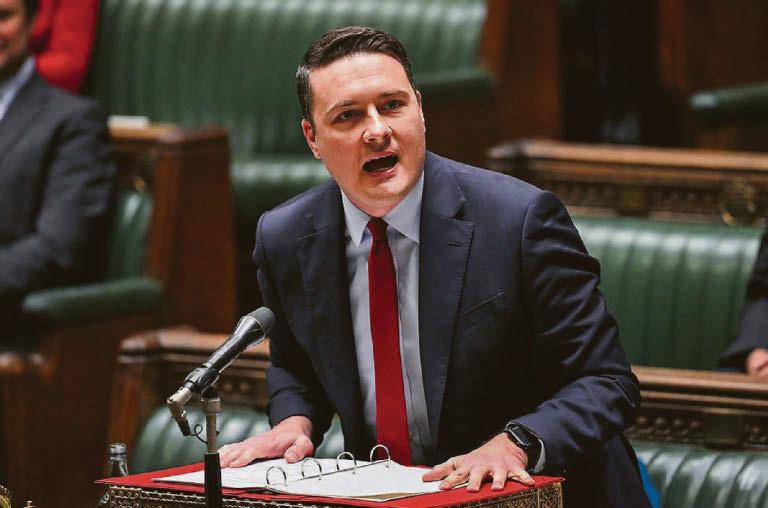The Health Secretary was alive to the upset his comments were going to stir up in the mental health lobby and so went on to say there were “too many people who just aren’t getting the support they need”. He then highlighted a pledge to recruit 8,500 more mental health staff to cut waiting lists.
To a psychiatrist, this looks a bit like the minister is suffering from some kind of “split personality”. If there is overdiagnosis, too many are being diagnosed who haven't really got a condition. Yet if you are recruiting more staff to cut waiting lists, surely you’re offering treatment to people who weren't really ill in the first place?
So what is the truth? Well, one certain diagnosis is that this country cannot afford to sustain the escalating costs of the recent bloating of the health-related benefit bill, and caseload, in particular for mental illness. The Treasury’s bill for health and disability benefits, which was £28billion in the year before the pandemic, is now £52billion a year and forecast to hit £70billion by the end of the decade.
Between 2002 and 2024, the number of 16 to 64-year-olds claiming disability benefits for mental or behavioural conditions increased from 360,000 to 1.28million. Roughly 11 million “fit notes” are issued by GPs every year in England alone with 93% ruling the patient as “not fit for work”. That has doubled over a decade.
But any diagnosis is a clinical judgment call. Hard-pressed GPs want to get patients through their clinics as soon as possible. There is a huge set of incentives built into our NHS and welfare system to give those who claim they are ill what they want: an official stamp of approval that they have a psychiatric disorder.
To a qualified psychiatrist like myself, it is clear that correctly diagnosing someone who really is suffering from a mental illness should help them. But getting the diagnosis wrong can be as catastrophic as missing it.
Telling people who are merely unhappy that they have depression means they start identifying themselves as disabled, and so the diagnosis becomes handicapping, not liberati...


